Holy Matrimony
The matrimonial covenant, by with a man and a woman establish between themselves a partnership of the whole of life, is by its nature ordered toward the good of the spouses and the procreation and education of children; this covenant between baptized persons has been raised by Christ the Lord to the dignity of a Sacrament (Catechism of the Catholic Church, 1601).
Guidelines for Marriage Preparation
The Archdiocese of Omaha mandates a minimum of six (6) to nine (9) months of proximate preparation before receiving the Sacrament of Matrimony (Archdiocesan Pastoral Policies Handbook, 3.2.6.1.a).
Church law requires that marriages take place in the parish where either the bride or the groom has domicile (Code of Canon Law, can. 1115). Therefore, St. Charles Borromeo Parish is the proper parish of marriage for anyone who currently lives within the parish’s territorial boundaries.
A Catholic who lives outside of St. Charles Borromeo’s territorial boundaries may be married here if it is one’s “home parish” (e.g., he or she grew up here).
If neither the bride nor the groom lives within the St. Charles Borromeo’s territorial boundaries, the couple may be married here only if one or the other has been registered as a member in the parish for at least six (6) months and is active in the life of the parish.
If St. Charles Borromeo is not your proper parish, you may click here for a map of other Catholic parishes in Omaha.
To begin the process for Marriage preparation, please contact the pastor at the parish office.
Marriages Outside the Church
In the Catholic Church, a valid marriage for a baptized Catholic must also be Sacramental. For those couples married civilly or in another house of worship who now wish to validate their marriage in the Catholic Church should contact the parish office to schedule a meeting with the pastor.
The Annulment Process
The presumption of the Church is that all marriages—both Catholic and non-Catholic—are valid unless they are proven to be invalid. Furthermore, the Church teaches that every valid marriage between baptized persons is a Sacrament (Code of Canon Law, can. 1055.2) and thus considered a permanently binding union until the death of one of the spouses.
The Church recognizes, however, that sometimes marriages are contracted in such a way that the sacred covenant was never established, even though by all outward appearances it seemed to be. In these cases, a Church Tribunal might be asked to evaluate and examine such a marriage for the necessary elements of a valid union (i.e., permanence, fidelity, true companionship and love of the spouses, and openness to bearing and educating children). If anything prevented one or more of those elements from being present from the beginning of the marriage, or if one or both spouses were unable to enter into a valid union due to physical, psychological or circumstantial causes, the Tribunal will issue a declaration of nullity, which is a formal decision by the Church that the marriage in question was never valid and that the parties are free to enter into marriage.
For more information about the Annulment Process, please visit the website of the Archdiocese of Omaha here.

